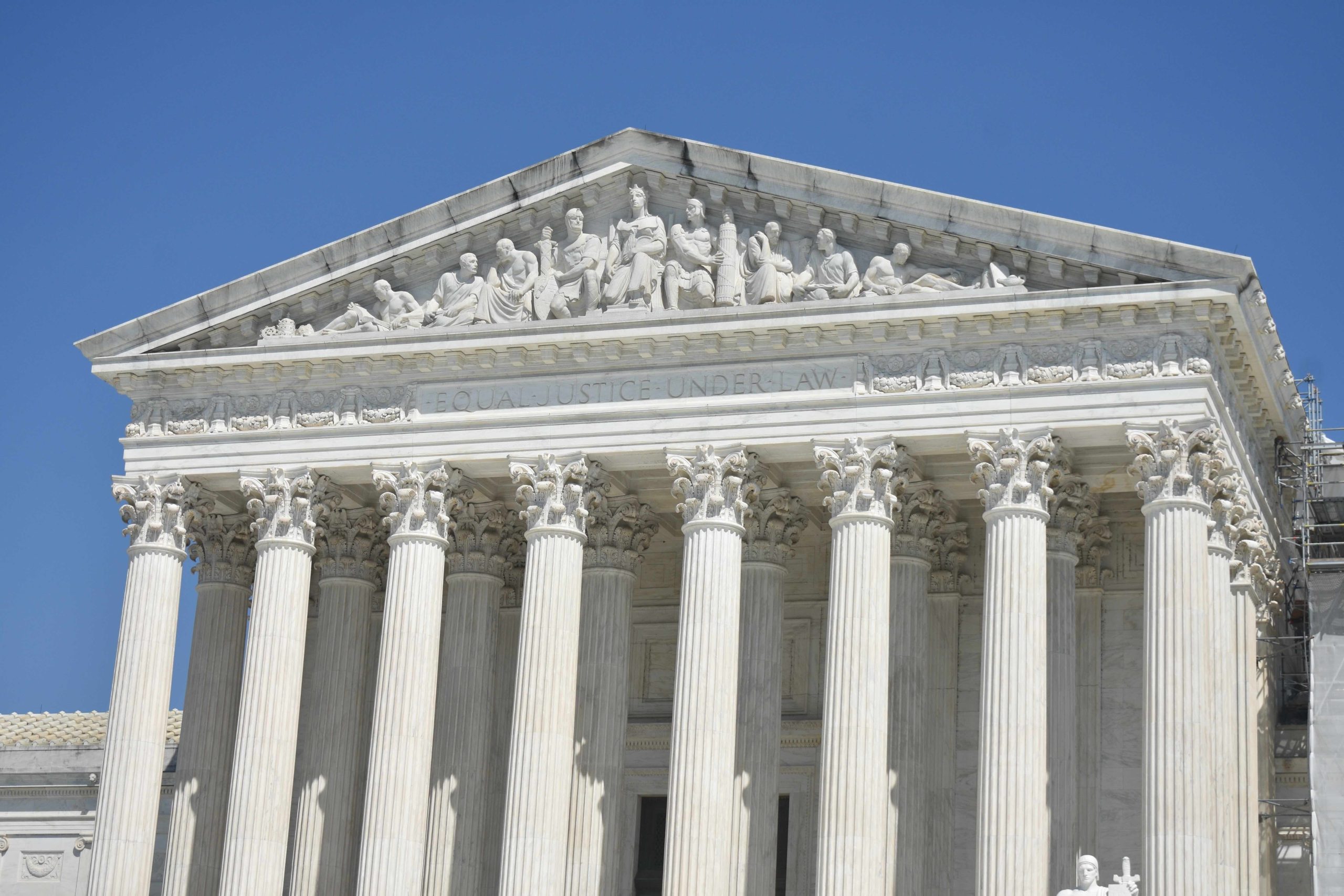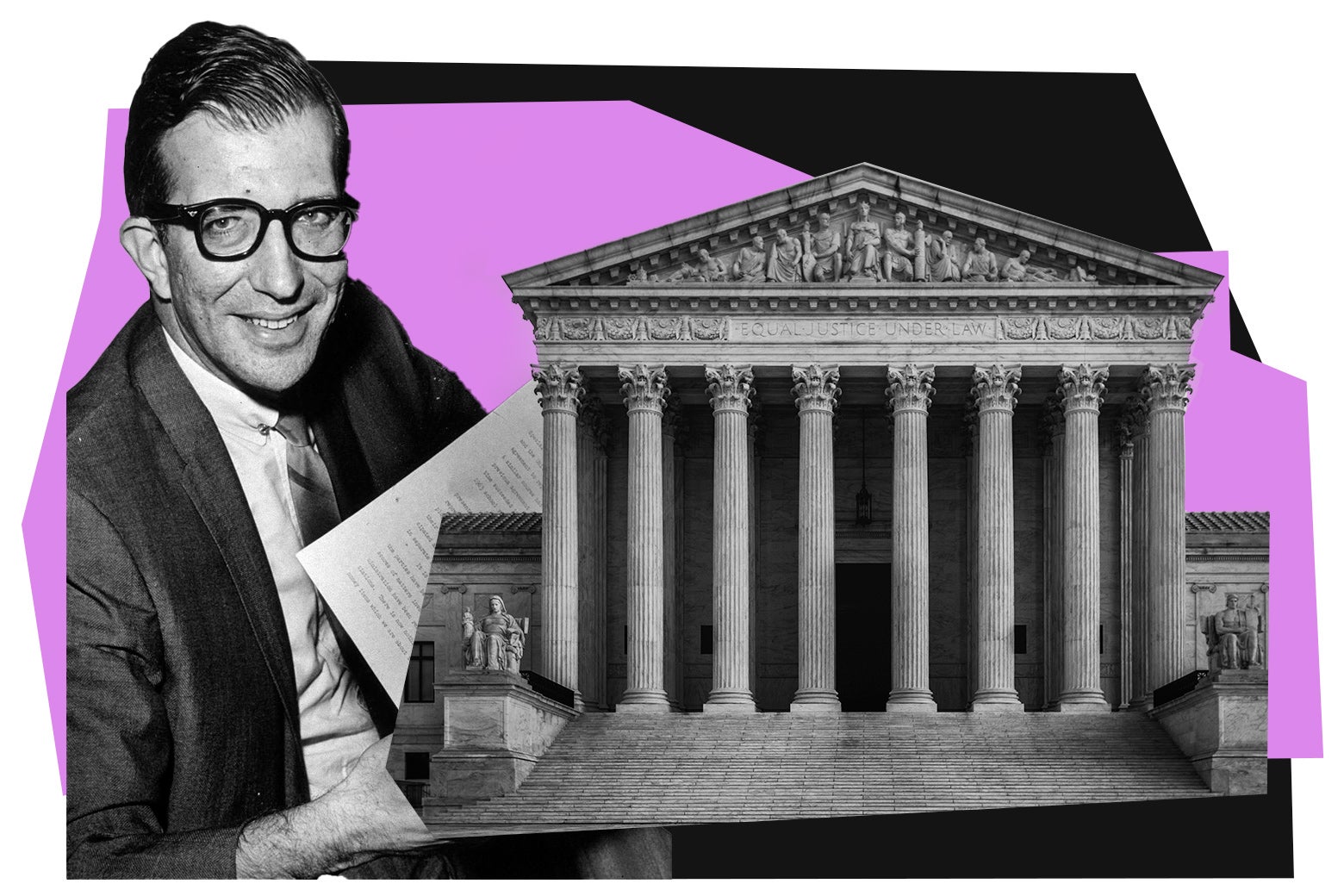LGBTQ Book Battle: Parents Challenge School Libraries in Supreme Court Showdown
Religion
2025-04-21 16:56:30Content

In a pivotal legal showdown, the Supreme Court prepares to delve into a complex case challenging educational curriculum and parental rights. The case, Mahmoud v. Taylor, centers on a group of parents from Montgomery County, Maryland, who are challenging school policies that incorporate LGBTQ+ themes into classroom instruction.
The parents argue that mandatory participation in lessons addressing LGBTQ+ topics infringes upon their fundamental rights and conflicts with their personal beliefs. This case represents a significant intersection of educational policy, religious freedom, and contemporary social discussions about inclusivity in school curricula.
As the Supreme Court takes up oral arguments, the case promises to explore critical questions about the boundaries of educational content, parental consent, and the balance between diverse perspectives in public school settings. The outcome could potentially set a precedent for how schools approach sensitive educational topics while respecting varied community viewpoints.
Legal experts and education advocates are closely watching this case, recognizing its potential to reshape discussions about curriculum design, parental rights, and the role of public schools in addressing complex social issues.
Supreme Court Confronts Educational Boundaries: LGBTQ+ Curriculum and Parental Rights in Landmark Case
In an unprecedented legal battle that promises to reshape the landscape of educational content and parental autonomy, the United States Supreme Court prepares to delve into a complex dispute challenging the intersection of curriculum design, cultural representation, and constitutional protections.A Pivotal Moment for Educational Diversity and Parental Consent
Constitutional Tensions in Modern Education
The Mahmoud v. Taylor case emerges as a critical juncture in understanding the delicate balance between inclusive educational practices and individual family beliefs. Montgomery County's school district finds itself at the epicenter of a nuanced legal confrontation that challenges traditional boundaries of curriculum development and parental rights. Educational institutions have long grappled with representing diverse perspectives, particularly regarding gender identity and sexual orientation. This landmark case represents more than a localized dispute; it symbolizes a broader national dialogue about representation, inclusivity, and the fundamental rights of students and parents in contemporary educational environments.Legal and Societal Implications of Curriculum Design
The Supreme Court's deliberations will scrutinize the constitutional dimensions of mandated educational content. Parents challenging the curriculum argue that compulsory exposure to LGBTQ+ themed instruction potentially infringes upon their fundamental rights to guide their children's moral and cultural education. Legal experts anticipate this case could establish precedential guidelines for how educational institutions balance comprehensive, inclusive curriculum with respecting diverse familial perspectives. The court's decision may significantly impact future curriculum development strategies across the United States, potentially setting a transformative standard for educational content representation.Intersectionality of Educational Policy and Constitutional Rights
Beyond the immediate legal arguments, the case illuminates complex societal dynamics surrounding identity, representation, and educational philosophy. The Supreme Court must navigate intricate constitutional principles, weighing the rights of parents against broader societal objectives of creating inclusive, representative educational environments. Montgomery County's approach reflects a progressive educational model seeking to normalize diverse gender and sexual identities. However, the legal challenge underscores the ongoing tension between institutional efforts to promote understanding and individual family values that may conflict with such representations.Potential Nationwide Ramifications
The Supreme Court's forthcoming decision carries profound implications that extend far beyond Montgomery County. Educational policymakers, civil rights advocates, and legal scholars will closely analyze the ruling's potential to reshape curriculum development, parental consent protocols, and constitutional interpretations of educational content. This case represents a microcosm of larger cultural debates surrounding identity, representation, and the role of educational institutions in fostering social understanding. The Supreme Court's deliberation promises to provide critical insights into the evolving landscape of educational policy and constitutional protections.RELATED NEWS
Religion

Bible in Classrooms: Idaho's Controversial Bill Sparks Nationwide Uproar Over School Religious Instruction
2025-03-19 14:30:00







